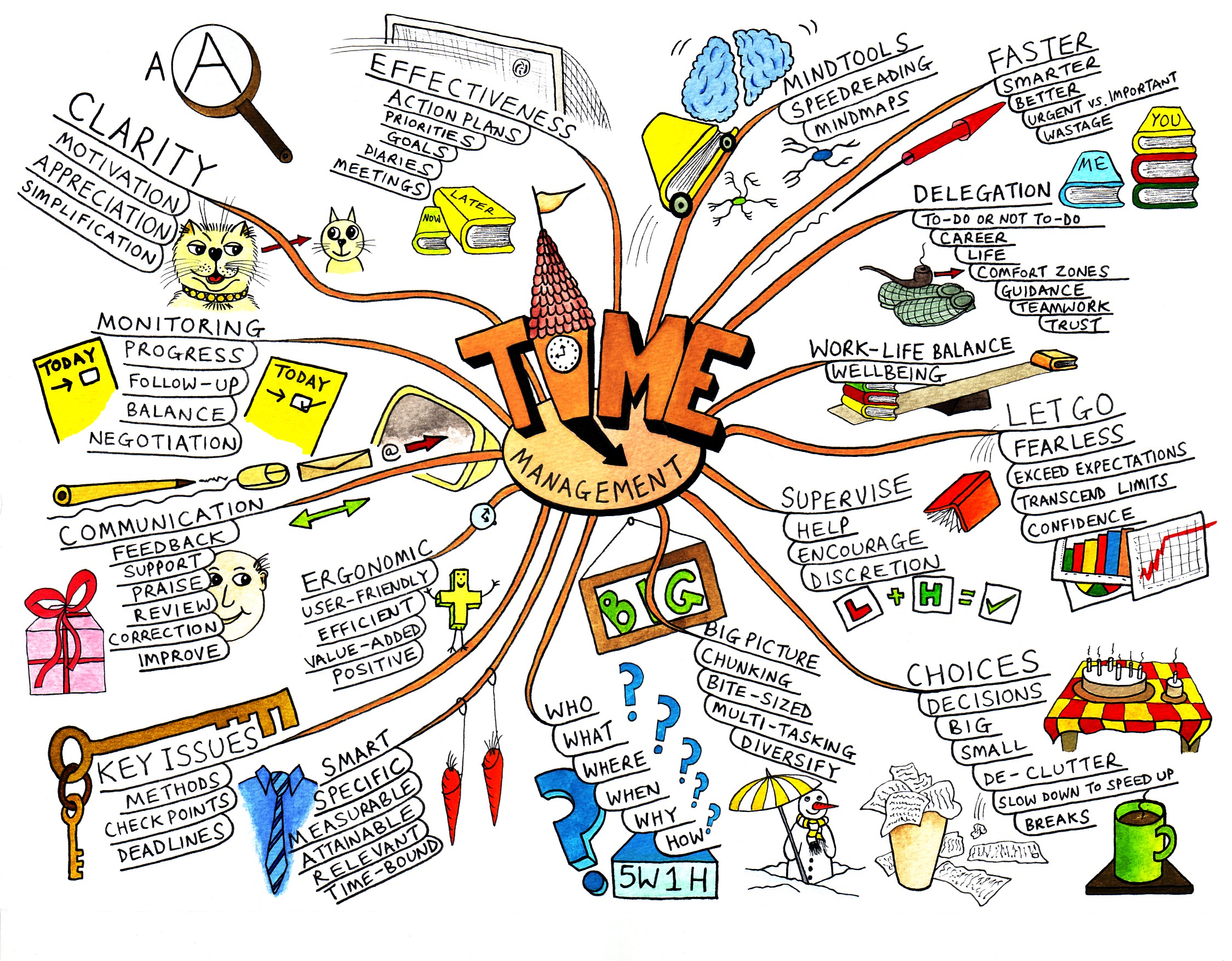Today, the Economic Club of Canada will be discussing the economics of mental health:
There is a growing movement out there (Thanks, Senator Kirby) which recognizes that while mental health has traditionally been the "forgotten orphan" in healthcare funding, it's actually one of the greatest underpinning issues of our time.
Why do people commit suicide? Why do people bully? What sparks innovation? How do we motivate productivity in the Knowledge Economy? Can an understanding of cognition make marketing (and politicking) more effective? How do we nurture resilience? What information do we need to make the best decisions and what's the best way to absorb it?
These and countless other questions are all tied to how our grey matter interprets and operates in the world.
As it stands, society doesn't do mental health well.
We have standardized education models that still struggle with differing learning styles - even the end goal of education (A certificate? Knowledge? Critical thinking, entrepreneurialism, occupational flexibility?) is in question.
Workplaces tend to work on the good-behaviour, poor-behaviour model, too; people are resources motivated by carrots and sticks. It worked throughout the industrial age when widget-making relied on set skills employed quickly, so surely it will work in an environment where communication, big-picture thinking and attention to detail matters - right?
We're hammering away at today's problems with yesterday's tools and getting mad at people, not the paradigm, for failing to deliver the results we expect. Why? The answer to that also lies in our cognitive hard wiring.
Just as we learned through fits and starts to do physical labour better at the turn of the last century, we are on the brink of a significant social transformation that will fundamentally reshape the way we live and enhance the health and productivity of our cognitive labour, empowering individuals to perform better and leading to a stronger, more sustainable, more entrepreneurial economy. Pieces of the picture are already emerging through initiatives like the National Standard for Psychological Health and Safety in the Workplace, Social Emotional Learning, innovative student-centred post-secondary education models and design thinking.
It's a vast, complex picture that needs lateral thinkers who can visualize how the pieces fit together. These are the kinds of folk that don't always do well in traditional models of education and work. Sometimes we call them "behavioural" or "underperformers"; given the right conditions and supports, they become known as visionaries, leaders, world-changers - outliers.
Here in Canada, we have all the raw material we need to become a global hub for innovation and a Knowledge Economy leader - we won't get there, though, using conservative approaches around science, diversity and accommodation.
To be the best in the emerging economy, we need to start thinking outside the box.
Tomorrow's leaders will be the ones who set that example, today. On the left-hand side of this blog is a list of background reading I'd encourage you to consider. You'll be surprised and perhaps a bit unerved at what you learn about society and yourself, but don't let that stop you.
After all, knowledge is power.



No comments:
Post a Comment